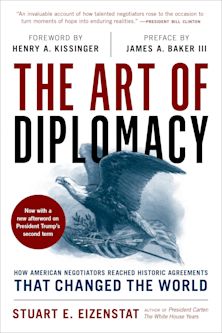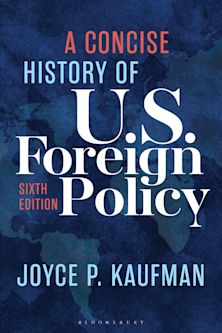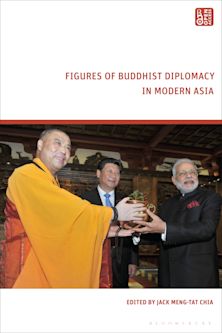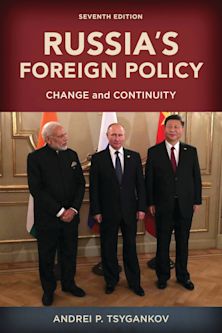- Home
- ACADEMIC
- Politics & International Relations
- Foreign Policy and Diplomacy
- Brazilian Foreign Policy in Changing Times
Brazilian Foreign Policy in Changing Times
The Quest for Autonomy from Sarney to Lula
Brazilian Foreign Policy in Changing Times
The Quest for Autonomy from Sarney to Lula
This product is usually dispatched within 3 days
- Delivery and returns info
-
Free CA delivery on orders $40 or over
You must sign in to add this item to your wishlist. Please sign in or create an account
Description
This book analyzes Brazilian foreign policy after the democratic opening of the country in the mid-1980s. To illuminate this topic, authors Tullo Vigevani and Gabriel Cepaluni built an analytical framework which uses three concepts to examine Brazilian Foreign Policy changes over the years: (1) autonomy through distance, (2) autonomy through participation, and (3) autonomy through diversification.
The authors demonstrate that the Brazilian military regime sought to distance itself from powerful countries in order to keep its domestic sovereignty, while the Brazilian democratic regimes-especially the Cardoso administration-tried to increase international connections despite practicing a foreign policy defending the nation's autonomy in relation to the great powers. With the Lula administration, the country still seeks greater international relationships but through a diversification strategy concerning its partners abroad, therefore counterbalancing the influence of the great powers, especially the United States.
Table of Contents
Chapter 2 Introduction
Chapter 3 Chapter 1. Defining Autonomy
Chapter 4 Chapter 2. Pressure for Change: José Sarney's Foreign Policy
Chapter 5 Chapter 3. Turbulent Times: The Foreign Policies of Collor de Mello and Itamar Franco
Chapter 6 Chapter 4. Brazilian Foreign Policy in the Cardoso Era: The Quest for Autonomy through Participation
Chapter 7 Chapter 5. Lula's Foreign Policy and the Quest for Autonomy through Diversification
Chapter 8 Chapter 6. The Dilemmas of Regional Integration for Brazil: Autonomy and Diversification of Partners
Chapter 9 Chapter 7. Brazil-Venezuelan Relations
Chapter 10 General Conclusion
Product details
| Published | Mar 01 2012 |
|---|---|
| Format | Paperback |
| Edition | 1st |
| Extent | 190 |
| ISBN | 9780739128824 |
| Imprint | Lexington Books |
| Dimensions | 235 x 153 mm |
| Publisher | Bloomsbury Publishing |
About the contributors
Reviews
-
Tullo Vigenavi and Gabriel Cepaluni's Brazilian Foreign Policy in Changing Times: The Quest for Autonomy from Sarney to Lula fills a significant gap in the literature by offering a thorough, informative overview of twenty-five years of Brazilian foreign policy. ... Vigenavi and Cepaluni's study does not only offer a thorough, well informed, and systematic examination of a major country's foreign policy, but also suggests interesting broader insights that hold relevance far beyond its subject matter. Brazilian Foreign Policy in Changing Times: The Quest for Autonomy from Sarney to Lula is recommended to Latin America specialists as well as to students of international relations.
E-International Relations
-
One of the most persistent deficiencies in the literature on foreign policy is its almost exclusive focus on the 'core states' of Europe and North America - with an occasional sideward glance at China and India. Here we have a book that breaks these bonds. Its central theme is "autonomy" - exactly what peripheral states are not supposed to have in their foreign policies. Tullo Vigevani and Gabriel Cepaluni follow Brazil's "quest for autonomy" from the mid-1980s when its regime became democratic to the present moment - through five consecutive presidencies - and they demonstrate that this quest has been an underlying strategic priority, but that its tactical expression has varied considerably. … [T]heir innovative conceptualization of Brazil's progress in gaining greater autonomy. . . . suggest[s] a "model" that might be applicable to the foreign policies of other peripheral states with similar ambitions.
Philippe C. Schmitter, European University Institute



































